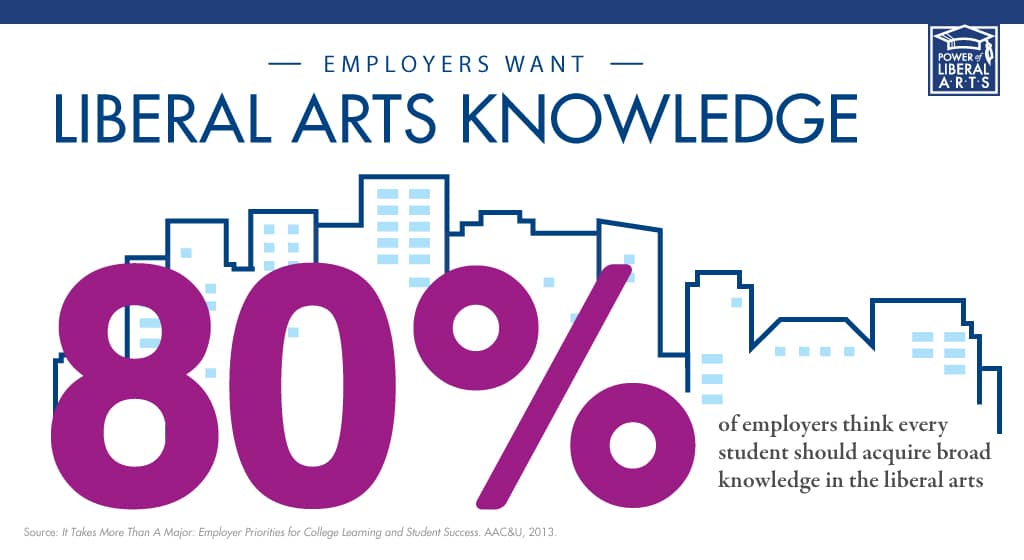|
My other priorities have slowed down progress on the complete revision of the book, but I would like to post some of the key ideas. So starting today, here are excerpts from my 2001 book, Hoover’s Vision, beginning with the first major concept: The Open, Absorbent, Ready Mind Mind Before Matter As a sculptor Michelangelo was a great craftsman, skilled with his hands. But before he could begin to create his magnificent works, he had to see them in his mind. His art had to exist in his head before he could use his hands to bring it to life. It’s the same with the rest of us. Before we can act, before we can begin to build toward the future and turn our dreams into reality, we must first look at the world around us and think about it. In the daily heat of business, we often say, “Plan the work and work the plan.” The overall enterprise — in fact, life itself — is no different. In every building process, in every construction of a great thing, we must study before we begin our work. In the 1930s diesel pioneer Clessie Cummins became aware of a problem involving braking big trucks and buses; in 1957 he lay awake one night and came up with the solution, and the “Jake Brake” went into production in 1961. I spent seven years designing BOOKSTOP Though your dreams may not take that long to come to fruition, they probably won’t happen overnight if they are big dreams worth achieving.
The most fundamental skill of the curious person is the ability to look, to observe. Though we all need to do “book studies,” to read and absorb books and magazines, the greatest source of our knowledge is our own eyes and ears in the real world. Even after we begin to build toward our goal, we need to keep scanning the world around us, observing and learning.
We sometimes confuse education with schooling, but most truly educated people only get a small part of their education in the classroom. Two of the most successful entrepreneurs in my town of Austin — Michael Dell of Dell Computers and John Mackey of Whole Foods Market — dropped out of college; they found the slow pace boring. Harvard, Oxford, and your local school are critical parts of our education system. But so are PBS, Amazon, Barnes & Noble, Borders, our wonderful museums, and the ability to travel anywhere in the world at reasonable prices.
Exercising the Mind Before we begin to explore and understand the world around us, we need to prepare our minds. We will grow stronger trees of wisdom if we first till the fertile soil of our mind. We must make sure it is clear and ready to accept the many seeds we will discover. When people get extra money, they tend to pamper themselves — stay in luxury hotel suites and fly first class. But what about pampering our eyes and minds with images and ideas? Our culture puts great emphasis on getting rich, looking good, and being famous. But what usually makes people rich, and sometimes famous, is what’s in their heads. We spend enormous amounts of time, money, and energy on making our bodies look good, exercising, watching our diet, eating supplements, and working out — but how much time do we spend exercising our eyes, our ability to look? Or exercising our minds, our ability to truly see?
Like any muscle, the eye and the mind can be exercised. We can make them better and stronger with practice. In his book Living to 100, Harvard researcher Thomas Perls reports on what he has learned from people who have lived a century. He stresses the importance of mental exercise, of working the brain. Beautiful bodies are fine, but beautiful minds are equally fine, and they too can be developed and strengthened.
|











